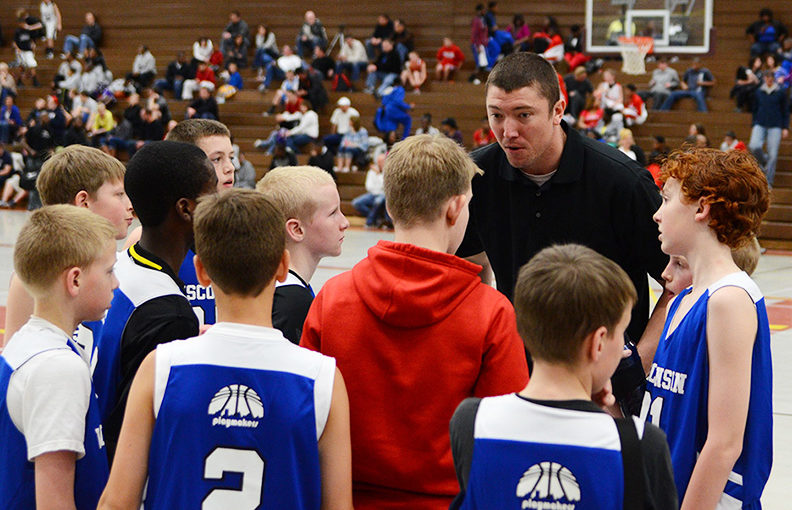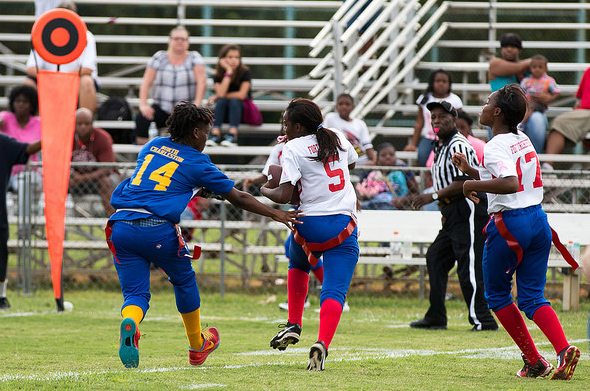Are Male Athletes Affected by Eating Disorders?
Eating disorders are not just a female athletes’ issue.According to an article in the Journal of Clinical Sports Psychology, an estimated 8% of male athletes, as compared to 33% of female athletes, also have serious eating disorders (anorexia, bulimia, binge eating, and compulsive exercise). Another 19% of athletic guys likely have abnormal eating behaviors. If anything, these estimates are low because eating issues in males can be challenging to identify. Many go unnoticed and untreated.
 A recent article on Stack.com highlighted the above-mentioned numbers and went into further detail on the topic. Below is an excerpt from that article.
A recent article on Stack.com highlighted the above-mentioned numbers and went into further detail on the topic. Below is an excerpt from that article.
Male athletes live in an environment that can easily trigger disordered eating. Triggers include:
- Feeling social pressure to have an “athletic physique”
- Striving to fit social media’s portrayal of the “perfect male body”
- Constantly comparing oneself to others
- Being competitive by nature and aspiring to be better than others.
The end result: some male athletes do extra training and become extra vigilant about their food intake to optimize their body shape and size. Teammates often observe other team members who “eat healthy” and start to wonder. “If that guy cuts out XXX (let’s say, sugar or red meat), then maybe I should too…” By eliminating XXX, the athlete starts sliding down that slippery slope into a full-blown eating disorder. It can happen so easily, quickly, and unknowingly.
Social Pressures
Advertisements and social media teach men they should look lean and muscular. Does anyone inform the guys the images are photoshopped? No! And no one teaches guys that some of the male models use performance-enhancing drugs to help them look so buff. As a result, male athletes can end up believing their bodies are “flawed” — and they succumb to eating less and exercising more to fix their flaws.
Seeking Help
Very few male athletes seek treatment for their eating disorders, believing they are not “sick enough” to justify getting help. They likely have no idea they are even damaging their physical and mental health. Most are unaware that their thoughts or behaviors are disordered.
Because most guys don’t talk about their problems, they suffer in silence. If a male athlete does try to explain what’s going on to a teammate, the teammate likely has no idea what the athlete is talking about. This athlete feels embarrassed and ashamed — and ends up choosing to hide the eating disorder rather than share his personal story.
Male athletes who have been performing well (to date) may not even know they have a problem if no one expresses concern about their restrictive dieting and excessive exercise. They just get praise for how dedicated and disciplined they are. These positive comments must mean what they are doing is working and paying off (in the short term), right? Wrong. Injuries will inevitably take their toll.
To read the full story from Stack.com about male eating disorders, click here.







